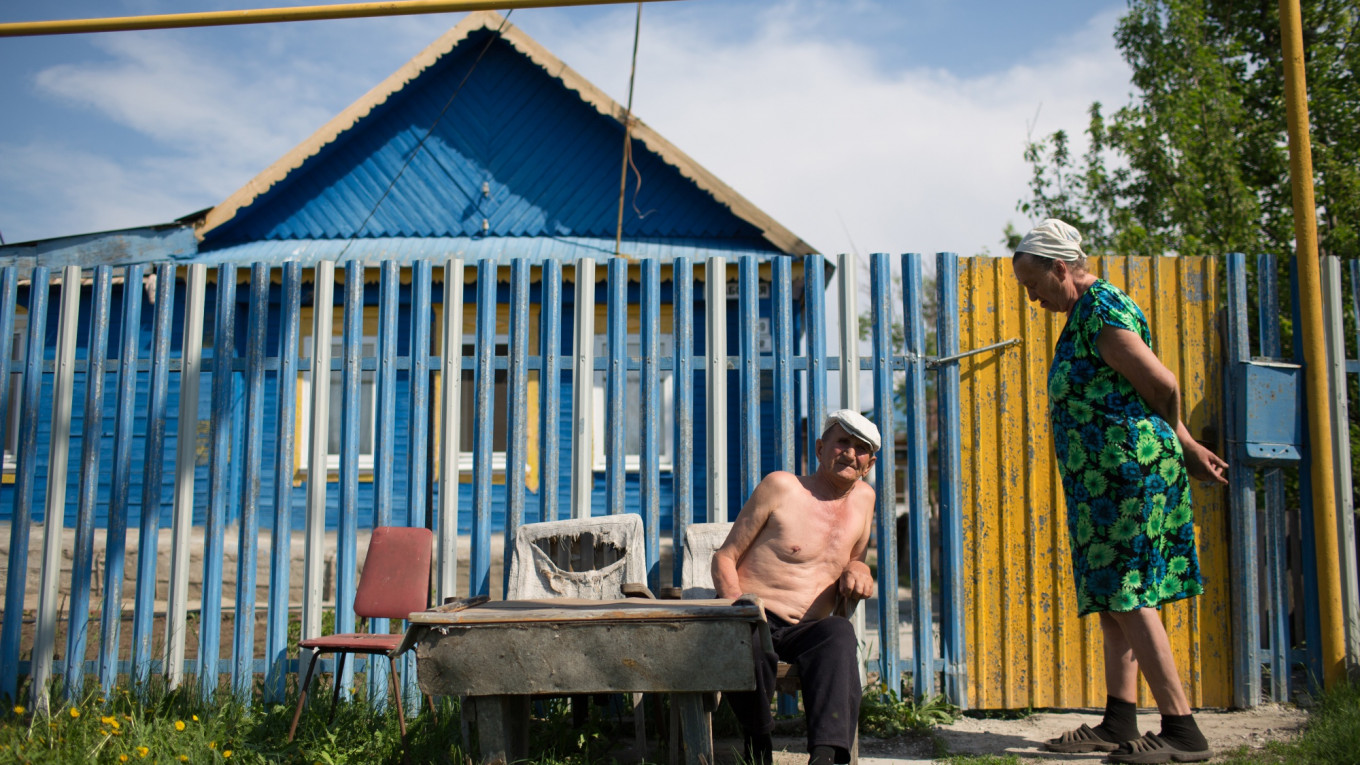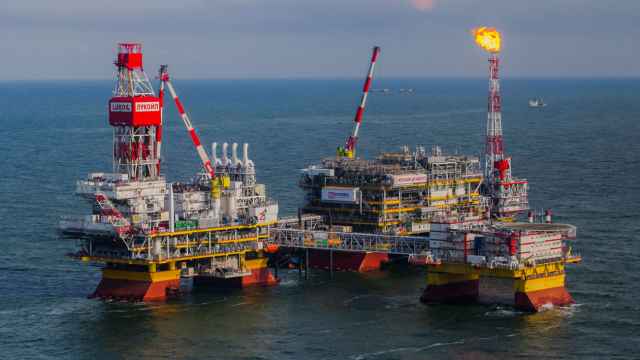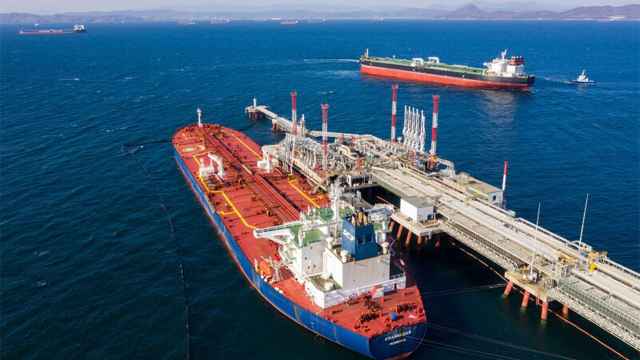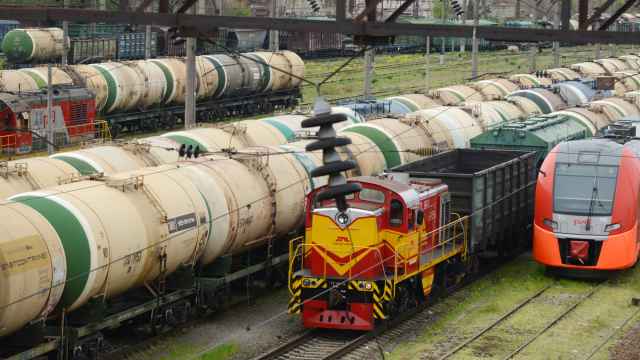Residents of Nikolayevka haven’t had much to gossip about since the owner of the vodka museum over on People’s Friendship Street died, forcing the closure of the only tourist attraction in town.
But now that this hardscrabble village in central Russia has emerged as the epicenter of an international oil scandal, they say they knew all along that something bad was about to happen.
It’s here, just east of a looping bend in the Volga River, that authorities say corrosive chlorides entered Russia’s 40,000-mile network of oil pipelines, causing the first-ever shutdown of the main export artery to Europe. President Vladimir Putin was quick to lash out at national operator Transneft, saying April 30 that the crisis was causing “huge” damage. Eight days later, investigators blamed a band of black marketeers working in concert with a local company that had access to Transneft’s system through feeder lines in Nikolayevka.
Valya Martinenko, 72, can clearly see the depot where the contamination is alleged to have occurred from the backyard of the little blue cottage she’s lived in her whole life. She said the tanker-truck traffic that used to wake her up at all times of day and night mysteriously stopped more than a month ago.
“I don’t miss them,” she said as chickens pecked along a road nearby. “They only kicked up dust. And that place never hired locals anyway.”
Russia’s Investigative Committee accuses the group of stealing at least 1 million rubles ($15,400) of pipeline-ready oil, covering their tracks by replacing it with a similar volume of a liquid mixture consisting of raw crude and organic chlorides.
The scheme lasted about 10 days and ended up tainting as much as 5 million tons of exports through the Druzhba link to Belarus and beyond, affecting refineries throughout Eastern Europe. That includes at least 1.6 million tons shipped out of the Ust-Luga terminal on the Baltic, most of which is still at sea, data compiled by Bloomberg show.
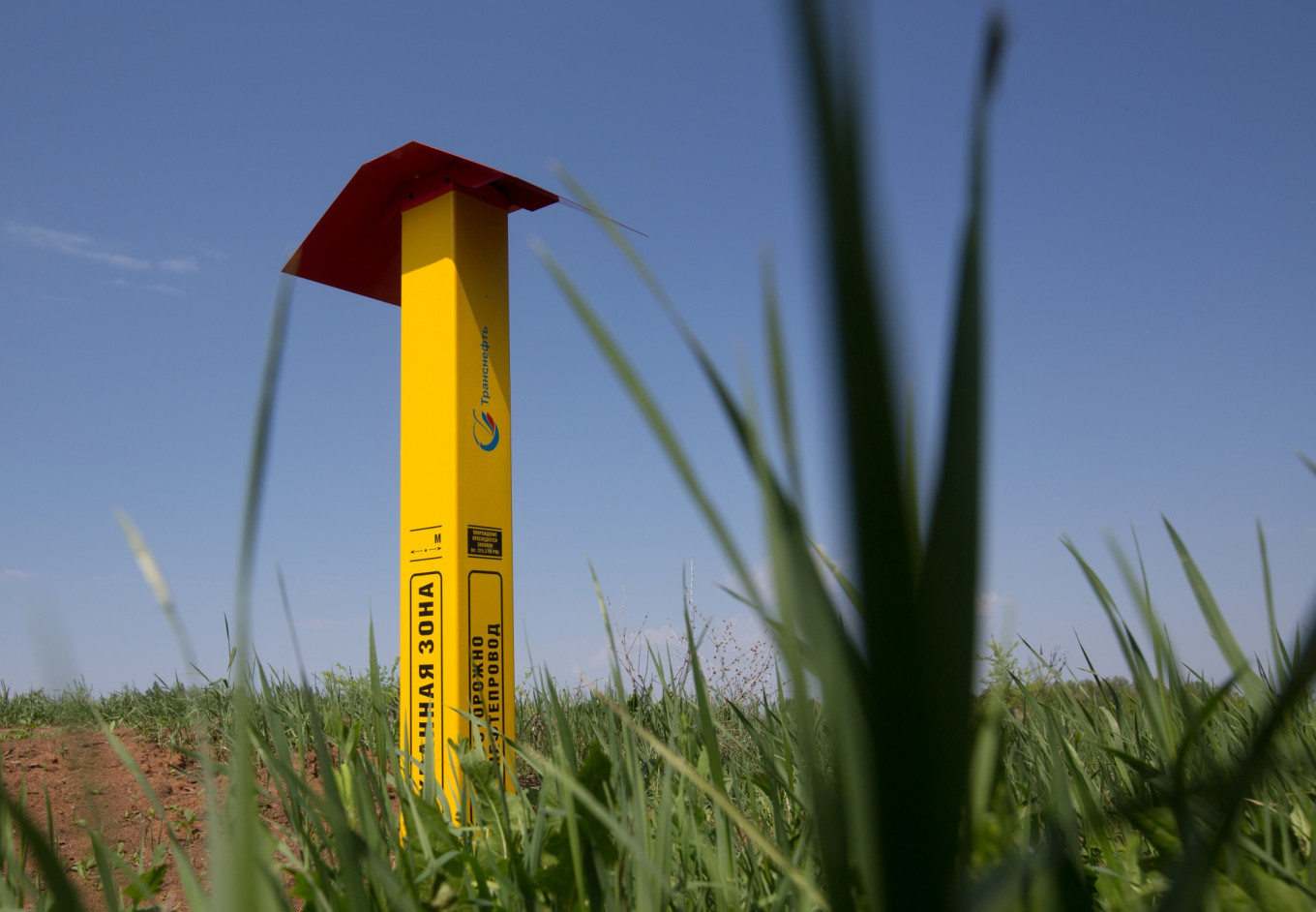
The node in Nikolayevka, now a crime scene, had a capacity to move as much as 40,000 tons a month, or about 1,300 tons a day. That means that each ton of dirty crude may have ended up contaminating almost 400 tons of oil already in the network.
“This is a story about greed and small-time fraud colliding with incompetence and a lack of control over what goes in the pipe,” Bloomberg oil strategist Julian Lee said.
A spokesman for Transneft declined to comment.
A least four of the six suspects sought by the Investigative Committee have been taken into custody. They include a woman who’s the nominal owner of the company that controls the depot in Nikolayevka.
The facility’s former owner, Roman Trushev, said he sold the depot last year, according to Kommersant. Trushev, who’s wanted for questioning in Russia, told the newspaper that he was in Germany when the scandal erupted and canceled plans to return to Moscow.
Transneft chief Nikolay Tokarev, who served in the KGB with Putin in Dresden during the Cold War, said in his meeting with the president that the company has about 150 collection points around the country similar to those supplied by Nikolayevka. Most of them, he said, are run by large oil companies.
Diluting the contaminated oil could take several months and cost Transneft more than $370 million, according to Citigroup Inc. analyst Ronald Smith. The spoiled crude may need to be mixed with clean supplies to avoid damaging refineries.
“Transneft was caught off guard because, well, this has never happened before,” Vitaly Yermakov, an oil expert at the Oxford Institute for Energy Studies, said from Moscow.
Deputy Prime Minister Dmitry Kozak said Transneft will foot the bill for any physical damage suffered by its partners in Belarus, Poland and elsewhere as a result of the dirty flows. The final figure will likely be below $100 million, according to Energy Minister Alexander Novak.
Trushev, the former owner, told Kommersant the depot is too small to account for all the tainted crude. Transneft tests for contaminants every 10 days, so if Nikolayevka was the only source of the dichloride then the concentration must have been extraordinarily high, according to Rustam Tankaev, head of the Infotek-Terminal consultancy in Moscow.
“Major oil companies don’t even touch the stuff because it is stone-age technology, and the small producers that do use it don’t have the capacity to wreak such havoc,” Tankaev said. “So if it wasn’t an accident, it seems likely it was an intentional act.”
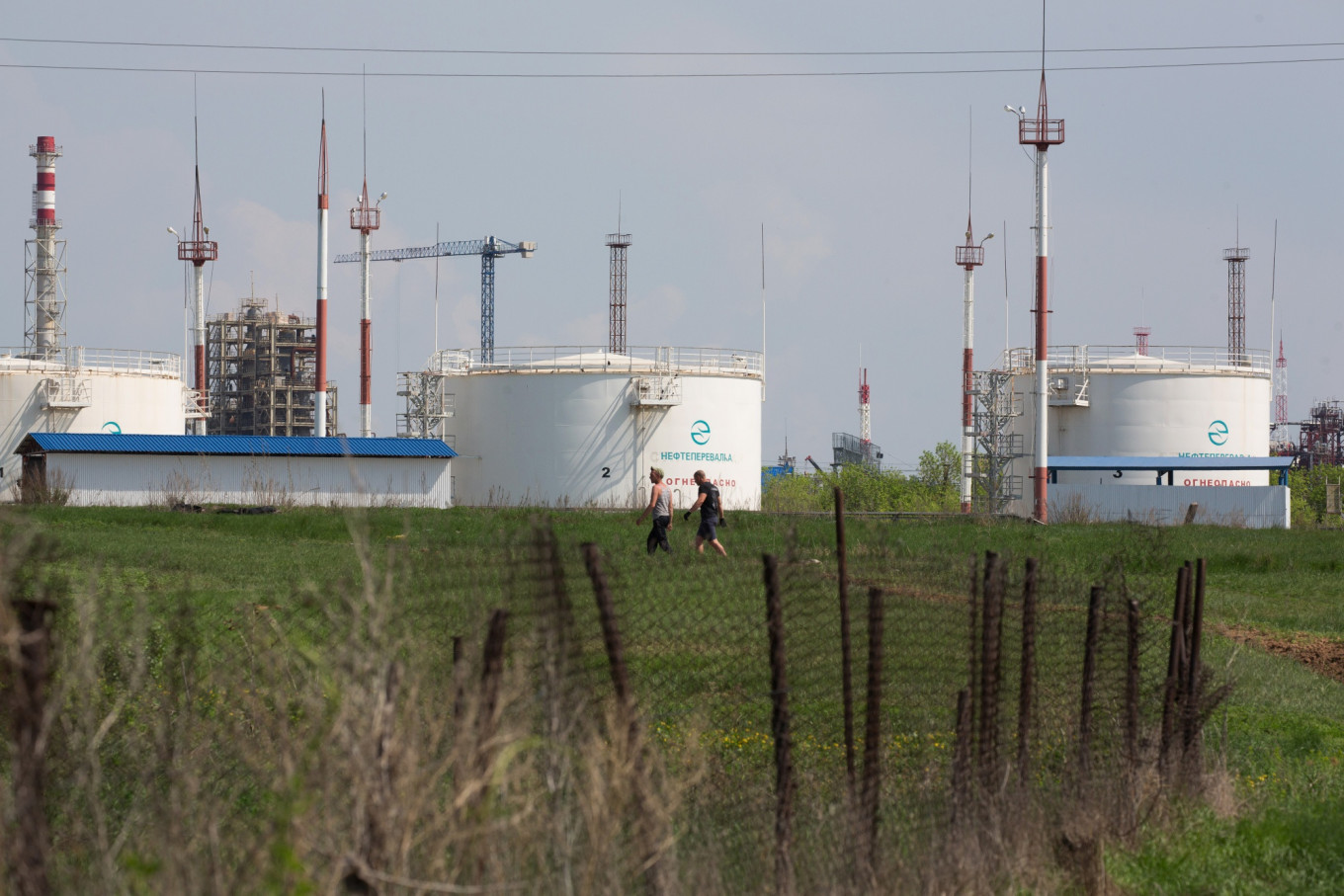
Back in the village, Elena and Valery, a couple in their 50s, said they knew something was wrong when the facility changed hands and the new owners stopped interacting with the locals. They said the old management was generous, building a church and donating presents to the school during the holidays.
“But we didn’t get a thing out of the new management,” he said.
Besides, said Martinenko, the lifelong resident, all those oil people are harmless compared to the real danger — the battery-recycling plant on the edge of town.
“You can’t breathe when the wind shifts the wrong way,” she said. “We’ve tried everything to get it closed down but nothing works. Why isn’t that an international scandal?”
A Message from The Moscow Times:
Dear readers,
We are facing unprecedented challenges. Russia's Prosecutor General's Office has designated The Moscow Times as an "undesirable" organization, criminalizing our work and putting our staff at risk of prosecution. This follows our earlier unjust labeling as a "foreign agent."
These actions are direct attempts to silence independent journalism in Russia. The authorities claim our work "discredits the decisions of the Russian leadership." We see things differently: we strive to provide accurate, unbiased reporting on Russia.
We, the journalists of The Moscow Times, refuse to be silenced. But to continue our work, we need your help.
Your support, no matter how small, makes a world of difference. If you can, please support us monthly starting from just $2. It's quick to set up, and every contribution makes a significant impact.
By supporting The Moscow Times, you're defending open, independent journalism in the face of repression. Thank you for standing with us.
Remind me later.


